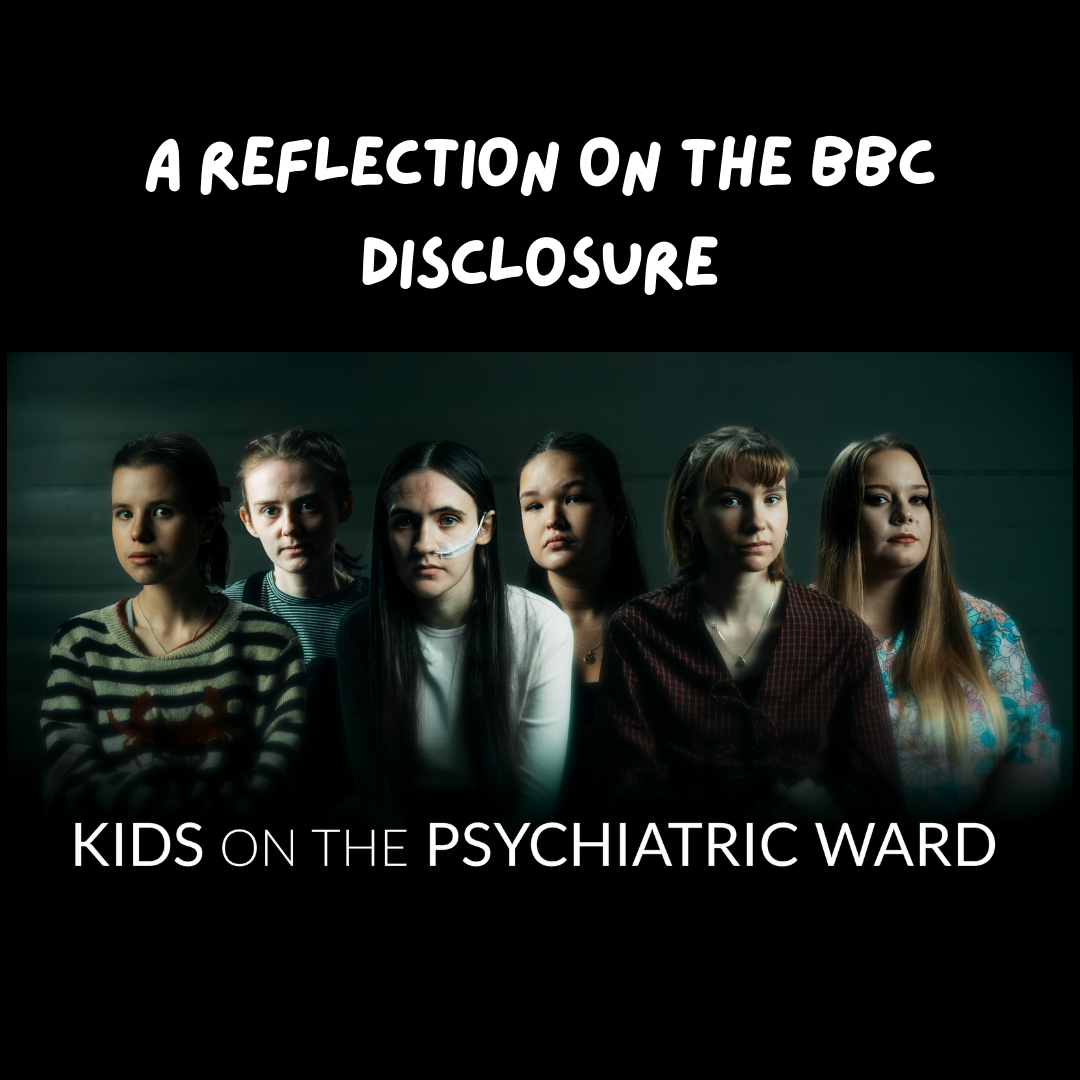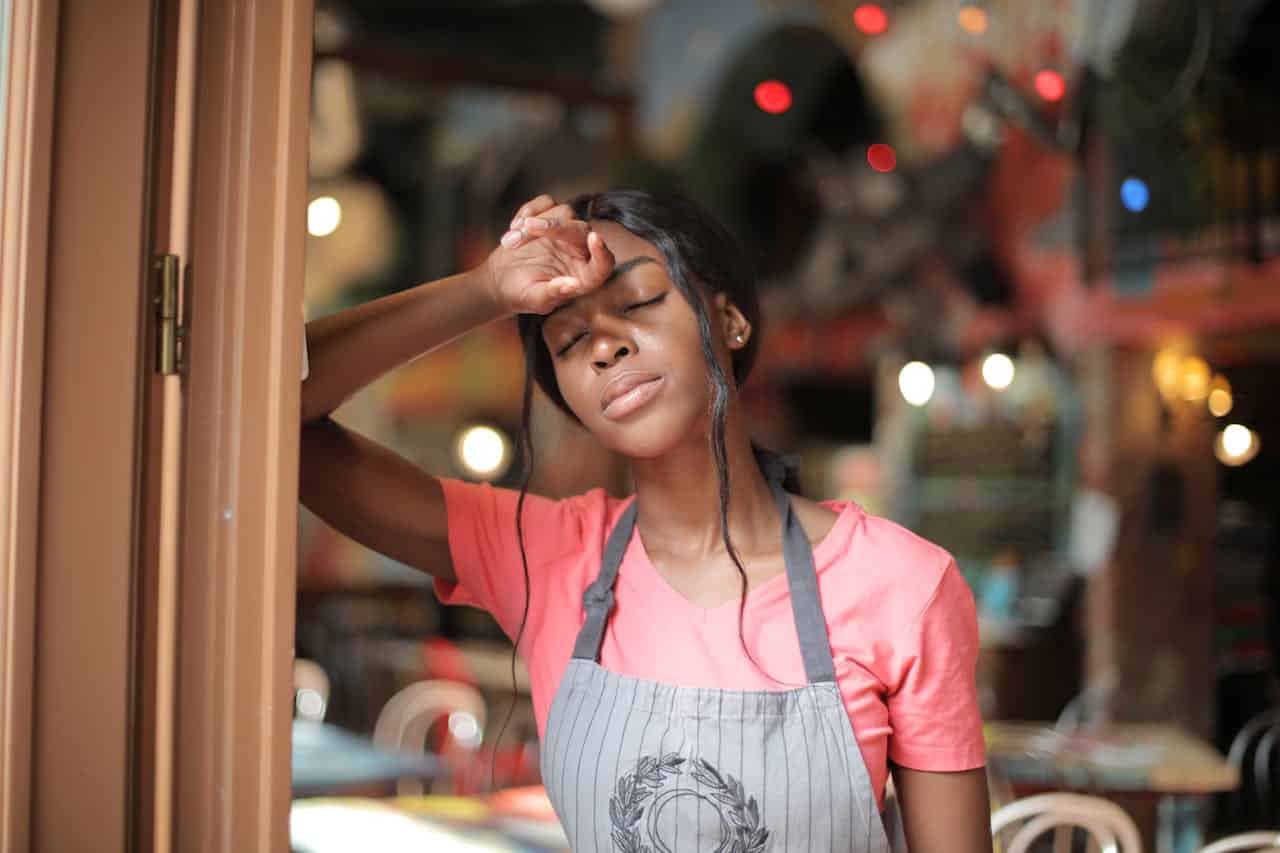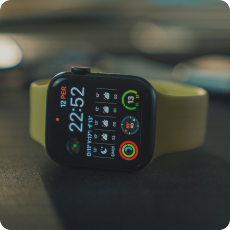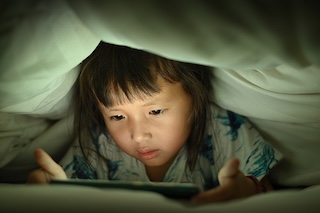
Being on a CAMHS ward as a teenager is a really difficult experience. One of the girls said “I don’t think I’ve ever felt that lonely in my whole life” and I would echo that. I felt so distant from my friends at home/school, who I felt could never understand what I was experiencing. I was away from my family and felt incredibly guilty for what I believed I was putting my parents through. I felt so much anger – at the system, at professionals who I felt didn’t understand, but mainly at myself.
Don’t get me wrong, there are some amazing professionals out there and some brilliant care – I wrote this blog about the good within the broken system. But we have to talk about experiences like those shown in this BBC Disclosure, because unfortunately they are not just a one-off. Why are young people receiving 37 IMs in a month? Why are young people being restrained and injected hundreds of times, so much so they have to find alternative injection sites? Why are they feeling “like walking zombies…sedated to the point personalities were dimmed”? Why do so many young people feel that “staff just want to drug me up constantly”? Why do so many of end up traumatised from our hospital experiences? And how on earth do we stop this happening?
There has been a strong push towards community care in recent years, with more mental health trusts opening Home Treatment Teams and intensive therapy teams in the community, reducing the need for hospital admissions which we know can do more harm than good. Unfortunately, access to care remains a postcode lottery and there are still young people who require hospital admission who deserve compassionate care and treatment, and to feel confident that they will receive this.
I think the young people who spoke out in this BBC Disclosure are incredibly brave and I so hope that they are managing to move forwards with the support that they deserve.
The BBC Scotland Disclosure is available to watch on BBC iPlayer.









